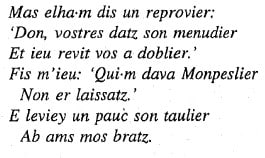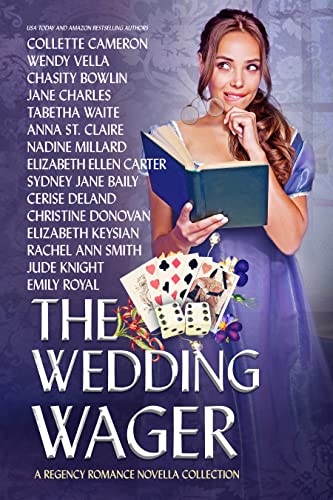When thinking about games that evoke amorous thoughts, backgammon wouldn’t necessarily be your first choice – or your second.
But it appears if you read between the lines of some Irish and Provençale poetry of the Medieval period, you’ll find all sorts of double-entendres…
This post first appeared as a story in the September 2022 edition of Love’s Great Adventure magazine.
According to Professor James A Doan, formerly of Harvard University and now at Nova Southeastern University in Florida, there’s a history of double-entendres associated with the game of backgammon.
First we have to understand a little of the history of backgammon. The name of the game only came into common usage in the 17th century, prior to which it was known as ‘tables’. There was a variation known as tick-tack.
Tables dates back thousands of years to the Persian empire, but oddly enough the game’s governing body, the World Backgammon Federation, only came into being as recently as 2018.
Okay, so what about the ‘naughty bits’? Well, the black and white draughts or checkers-like pieces one uses to play the game are also known as ‘men’. The ‘table’, depending on the context, can also be a euphemism for a lady’s skirts.
And as for the pair of dice used to play? Imagine them rolling around in a lady’s hands. It might cause a gentleman to imagine those hands on an anatomical pair of… well, you get the point.
Backgammon is a game of strategy and endurance, something that would be very appealing to a fellow trying to seduce a lady who knows the subtext full well.
Consider this 12th century poem from Guillem IX, Duke of Aquitaine and Eleanor of Aquitaine’s grandfather:

It roughly translates as:
But then she reproached me: “Sir, your ‘dice’ are too small and I challenge you to redouble.”
I said: “I wouldn’t give that up if I were given Montpellier.” And I lifted up a little her ‘table’ with both my arms.
A few hundred years later, Irish poets had picked up the mantle.
According Doan, a poem in the early 16th Century Book of the Dean of Lismore is full of such double-entendres.
Here is a translation of a couple of the stanzas:
She settled my ‘man’ down and shook out my two ‘dice’; the third man she held until the points were filled.
One of her ‘boards’ came to be completely filled and my ‘man’ quenched; but the points of the táispleasc (table) were empty, and myself ‘on high’.
Having discovered the Eroticism of Backgammon, I decided to include it in my contribution to The Wedding Wager, a story called Dicing with the Duke. Again, this is also a little play on words given that ‘to dice with’ infers taking part in an activity which is risky.
In Dicing with the Duke, the heroine, Lady Rosaleigh Ayres, is considered a clumsy, gauche young woman, but in truth all she lacks is confidence.
The only thing she can do well in public without stumbling over her own feet is play backgammon. When her head is in the game, the rest of the world doesn’t exist and neither does her nervousness.
Rosaleigh finds a willing backgammon player in Simon Quinn, the Duke of Witherin who finds her beguiling.
In honour of the research done by Professor Doan, I referenced in my story another poem he mentions, a work attributed to 17th Century Irish poet Tadgh O Ruairc…
A few hours later, Simon concluded choosing the book of poetry was a rotten idea. It turned out to be erotic poetry. Euphemistically described, but erotic nonetheless.
The lime-like bosom, the round breasts which a man never yet fondled; the slender smooth body. I don’t deny a share of my love to them.
The volume was still in his hand when the candle guttered and finally went out. He lay back and sleep claimed him.
The lover in his dreams had raven black hair and beautiful grey eyes. She responded to him with equal passion, so he made love to her in the dappled sunlight beneath a tree by the stream.
Buy The Wedding Wager

